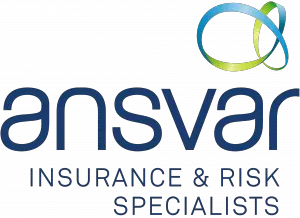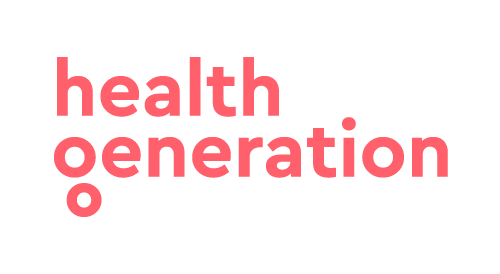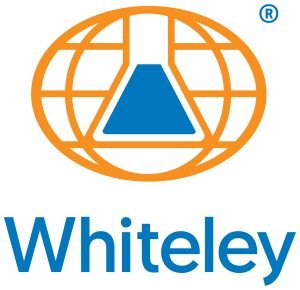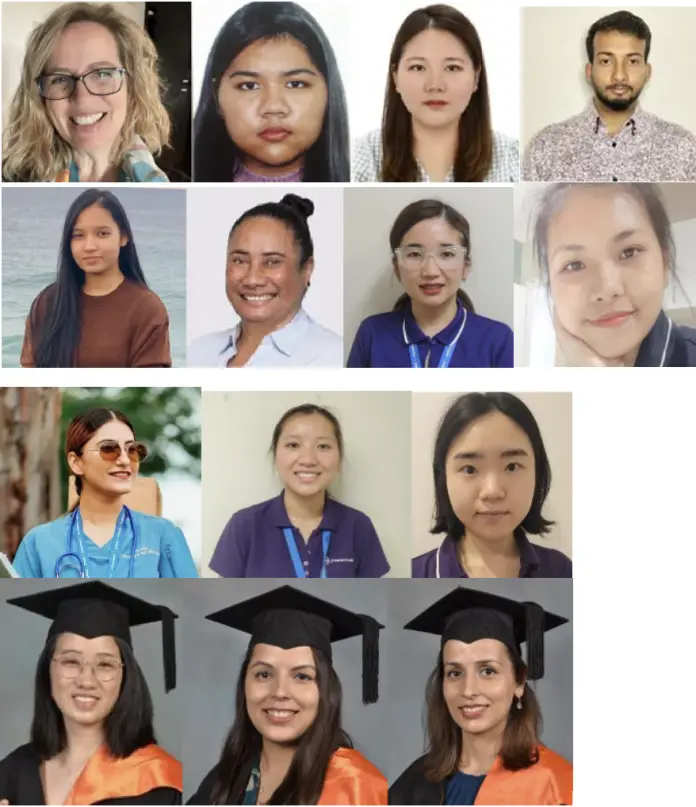Australian health and aged care provider St Vincent’s Care Services (SVCS) developed the ASPIRE Program to address the nursing shortages in its 13 residential aged care facilities in Queensland.
The program was created to nurture the skills and talents of Australia’s next generation of nursing professionals by teaming graduate nurses with qualified and seasoned nursing professionals. The program comprises a structured and supported ‘transition to practice’ year that exposes novice nurses to the full range of clinical and patient care responsibilities.
Problem
In 2021, SVCS had a combined shortage of 42 full-time equivalent (FTE) Registered Nurses (RNs) in its 13 Queensland facilities, which was the staff shortfall when taking into account staff needed to cover existing roster gaps, maternity, sick and annual leave, and clinical leadership leave. Historically, this gap has been filled by agency staff, which is more costly than employing and supporting a pipeline of new graduates. SVCS estimated that it spent a total of $2 million on agency nurses across its Queensland facilities in 2020-21 alone.
Nursing shortages in the aged care sector are projected to increase significantly over the next few years. Recent workforce planning analysis reveals demand for nurses across all healthcare services will outstrip supply, with a projected shortfall of about 85,000 to 100,000 nurses by 2025. Aged care will be hardest hit by this workforce squeeze because the sector cannot compete with the level of RN wages paid in acute care hospitals, which are about $15,000 – $20,000 higher per annum than in the aged care sector.
Solution
Creative and sustainable solutions are needed to address these current and future workforce pressures. In 2021, SVCS recognised that, as a leading aged care and health provider, it also has a professional duty to play its role in nurturing the skills and talent of Australia’s next generation of nursing professionals through the development of its own structured and supported graduate employment program.
The ASPIRE Program was created to team graduate nurses with qualified and seasoned nursing professionals to help nurture and build their clinical skills, knowledge and confidence in the delivery of aged care. The program comprises a structured and supported ‘transition to practice’ year that exposes novice nurses to the full range of clinical and patient care responsibilities. It also gives experienced nurses the opportunity to become formal mentors, advisors, teachers, and leaders – reinvigorating their passion for their vocation.
Implementation
Ms Nicole Devlin, Interim Executive General Manager of Service Delivery (substantive role – QLD State Manager), created the ASPIRE program in collaboration with a team of SVCS clinical staff listed at the bottom of this story. The team identified three core objectives for the ASPIRE program:
- optimise resident health and safety and their care experience
- equip graduate nurses with knowledge, skills and competencies in a supported and structured way
- encourage these early career nurses to continue in the aged care industry and nurture them to be future leaders.
I think this program is a great support system for any new grads and I will always be
Sharon Johnson, SVCS Facility Manager, Carina
committed to nominating new grads at Carina to take part in this.
The SVCS ASPIRE team developed the program framework, operating guidelines, and supporting materials drawing on a total program budget of approximately $6000-$7000.
In September 2021, Queensland’s 13 SVCS Facility Managers were asked to nominate existing graduate nurses for the ASPIRE program and to include the program as a professional development opportunity in their recruitment discussions with graduates.
The program commenced in December 2021, with 35 mentee participants and 26 mentors. Each mentee was assigned a mentor to support their transition and be their trusted confidant and point of contact for advice and assistance. As part of the program, graduates were rotated across different facilities and shifts based on patient and clinical needs.
This mentoring program demontrates innovation and leadership in addressing critical workforce shortages. While mentoring is not ‘New’ the application in this context within aged care is new.
2022 Future of Ageing Awards judge
Outcomes
A survey of the 2021 mentee graduates found:
• 100% had agreed or strongly agreed that the program had helped them better
understand the role of an RN in aged care
• 100% agreed or strongly agreed that they understood the Aged Care and Quality
Standards and how they applied to their role
• 85% were confident or very confident they could record all important information
in a resident’s assessments and care plan
• 82% were confident or very confident they understand the role of the RN in
medication management
• 80% were confident they would recognise clinical deterioration in a resident and
what actions to commence.
Who was involved
The ASPIRE Program was conceived by Nicole Devlin, Interim Executive General Manager
Service Delivery (substantive role – QLD State Manager), but was developed and
implemented in collaboration with the following SVCS staff:
• Kelly Gaughan, Queensland Clinical Mentor and Manager
• Sunny Zhu, Queensland Quality and Compliance Manager
• Julie Dymock, Head of Clinical Governance
• Erin Hartwell, Senior Clinical Governance Office (also awarded 2022 Future of Ageing Emerging Leader)
• Queensland Facility Managers
• Sally Kelynack, Acting Queensland State Manager
Entries for the 2023 Future of Ageing Awards open May 1, 2023 – For further information.
Thanks to those companies who have shown their support for the awards through a partnership. They are listed below:















